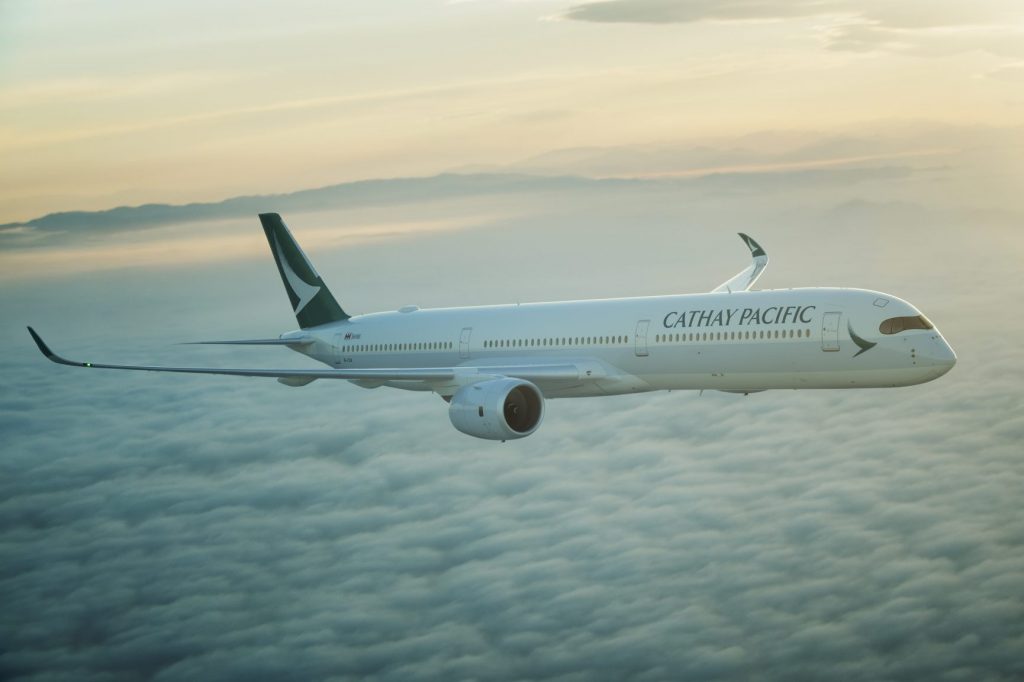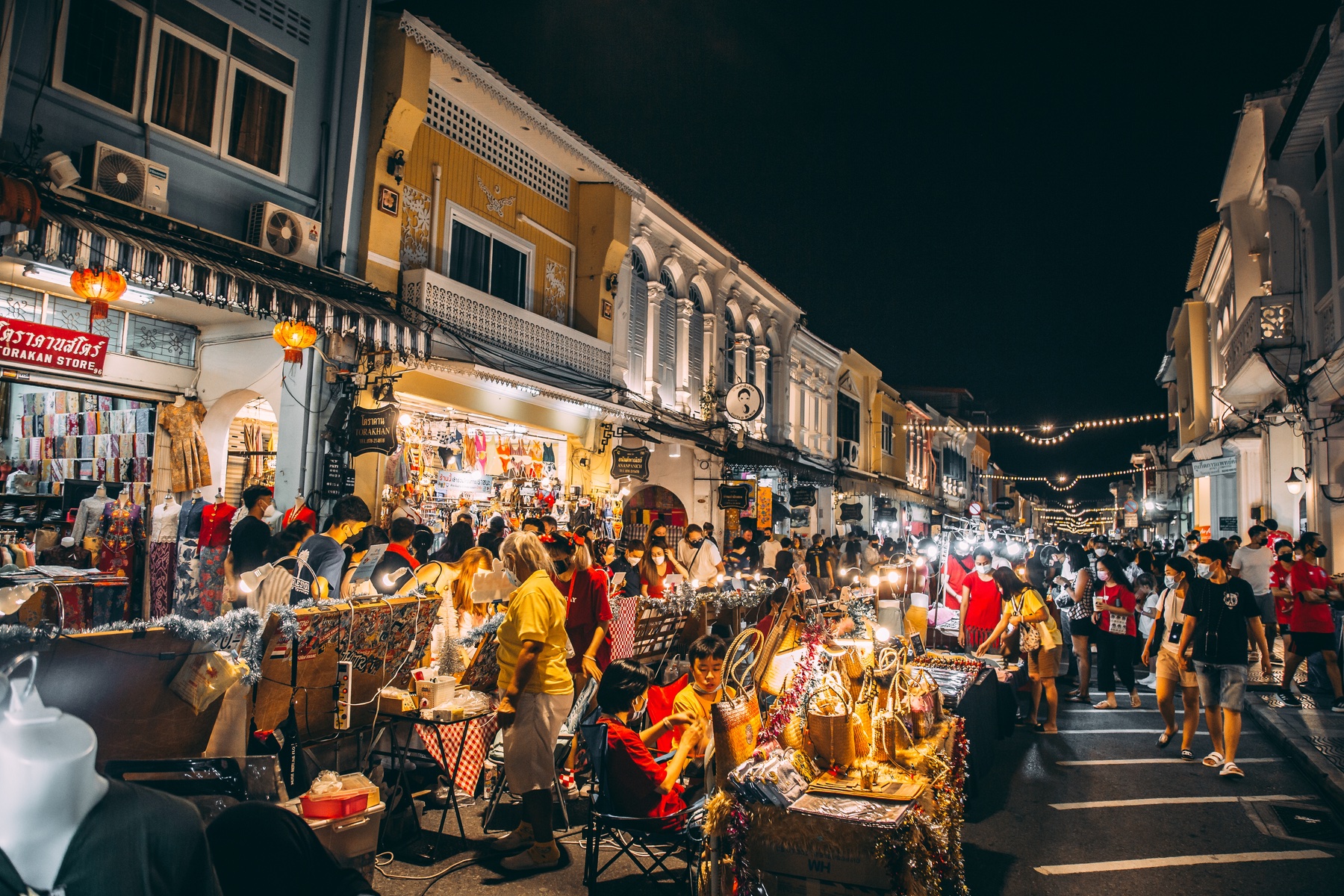Google Tries to Remove Mobile Friction With Instant Booking Push

Skift Take
Whether it is a hotel or a sweatshirt, Google is focusing big-time on improving the shopping experience on mobile and across other devices and that means it will be playing a more central role in handling transactions.
We reported earlier this week on Google's “Book on Google” initiative. Google and hospitality-tech company Sabre are running a beta in North America, allowing Sabre's hotel partners to choose whether they want to pay commissions to Google for hotel bookings that Google handles right on Google platforms, including search, maps and Google+.
Users enter their credit card information into what was formerly known as Google Wallet and then they can make repeated purchases without having to re-enter their payment details each time. There should be higher booking/transaction conversion rates when users make their purchases right on Google because they don't get lost navigating to retailer websites of varying quality.
In an indicator of the search giant's intense focus on transactions, Google has started to roll out "Buy on Google" buttons in mobile ads for retail items, including clothing.
Combatting the Friction
During Google's second quarter earnings call July 16, Omid Kordestani, Google's chief business officer, explained that travel and retail were standouts in vertical search during the quarter.
"We saw a nice pick up in a number of verticals in Q2 coming off weather-related weakness in Q1," Kordestani said. "And this quarter we’re seeing retail and travel being stronger verticals in search."
During the earnings conference call, UBS analyst Eric Sheridan cited Kordestani's mentions of the travel and retail verticals in search and asked Kordestani how Google views moving down the booking/transaction funnel beyond the early and aspiration search parts and toward "closing the economic loop."
"We’re really focused on connecting retailers to consumers across screens and also reducing this friction involved in finding and purchasing products," said Kordestani, who also serves on the board of telecom company Vodafone.
"So that entire journey and all the aspects of commerce is a great area of focus for us,." Kordestani said. "And as users begin to -- as they search, start their searches on mobile phones, we are continuously trying to find ways to improve their mobile shopping experience.
"And as shopping experiences on these smartphones become easier and we focus on improving mobile conversion for advertisers. We are seeing great benefits from that, we just announced Purchases on Google, for example, the smartphone-only feature of the product listing ads ..."
For Google, it's all about increasing conversions as consumers shop and switch from device to device.
Commission Payments to Google
As Google plays a more aggressive role at the center of transactions it stands to gain financially. In travel, commission payments from hotels, for example, could possibly lead to higher payments than clicks for properties that feel compelled to sacrifice direct traffic and share more revenue with Google.
"And again all of these are really for us the building blocks to help in reduction of that friction and bring the expertise we have and that understanding the immediacy, the local nature of these searches and understanding conversion and how to kind of put it all together for users, and for advertisers and merchants," Kordestani said.
In travel, the focus on e-commerce, doesn't mean Google is becoming an online travel agency. Although Google hosts the transaction, the hotel is still the merchant of record and handles everything, including pre-stay customer service, post-booking.
Google's move is similar -- but not an exact copy -- to TripAdvisor's Instant Booking initiative, which is much farther along than Google's initiative. As with Google, Tripadvisor's users can book a hotel without leaving TripAdvisor websites and mobile apps.
In travel Google will have the ability to scale this booking service because of the already-existing integration of third-party hotel-technology partners such as Sabre, and due to Google's sheer reach.
Bookings will be an increasingly strong Google emphasis inside travel and beyond it in other verticals.





